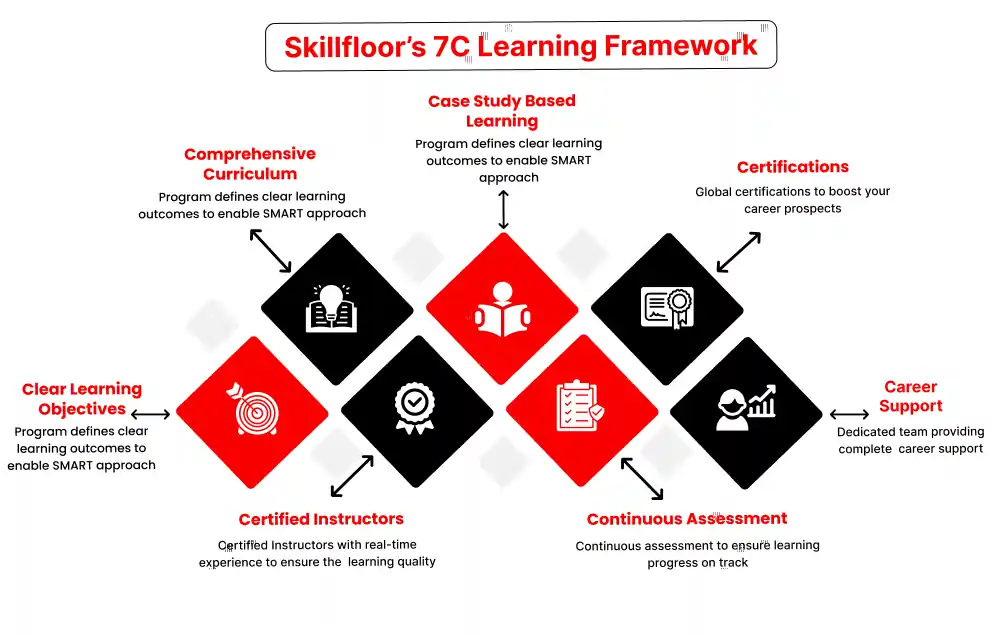soft skills training
SKF - SST
-

-
(431 Reviews)
- Career: Improve your chances of finding a job by learning the critical soft skills that companies value. Reach a wide range of positions in sectors where having excellent people skills is highly regarded.
- Skills: Develop your direction, teamwork, and communication abilities to succeed in work environments. Gain the ability to adapt to succeed in quickly changing workplace environments.
- Flexible Learning: Change your strategy to learning to fit your schedule and needs. Utilize unique, flexible learning substitutes to reach all of your goals.










